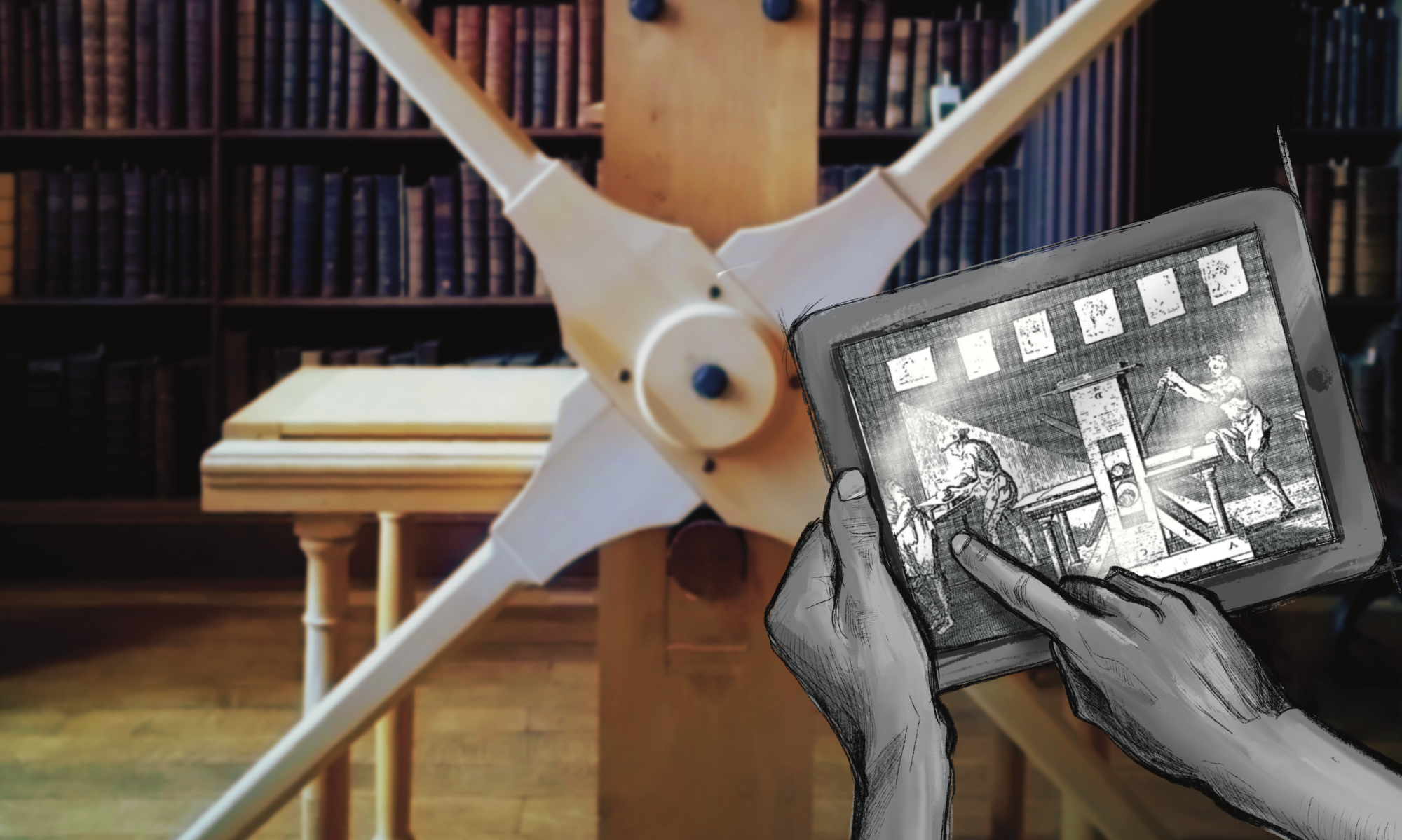Hosted by the English Department at Leipzig University.
Local organisers: Prof. Dr. Ralf Haekel & Julia Heinemann
Venue: Bibliotheca Albertina, Beethovenstr. 6, 04107 Leipzig
Date: 5-8 October 2023
Email: romantic-media[at]uni-leipzig.de
In the past decades, particularly due to the influence of New Historicism and Gender Studies, Romantic Studies has significantly widened its scope by massively expanding the literary canon as well as investigating a broad range of topics and issues. Today the discipline of Romantic studies is more diverse than it has ever been. The focus on the socio-historical conditions of the Romantic period has also led to a renewed interest in the conditions surrounding the production and reception of literature and the changing mediascape of the years between 1780 and 1830. What is often seen as a media revolution also created the mass readership – particularly of the novel – of the 19th century, and it profoundly influenced the development, and transformation, of literary genres. Furthermore, the development of the modern scientific system with its disciplines and sub-disciplines created new forms of knowledge, which were proliferated through the different forms of periodical publications, reviews, and journals, which, in turn, had an important influence on literature. The changes regarding the production, distribution, and reception of literature also resonate with the field of theory: Romanticism and the (new) media, Romantic forms of (re-)mediation, Romanticism and media theory are some of the numerous media-related approaches used to analyse the paradigm shift setting in at the end of the 18th century.
This conference aims at establishing a dialogue between the different fields exploring Romanticism and its media. One particular goal is to explore constellations of media-related issues that correlate the Romantic age with our own historical period and its questions regarding media and mediation. Considering that the rapidly changing mediascape around 1800 resembles many transformations we observe today, and that our own media environment profoundly shapes our engagement with the Romantic period, many possible fields of investigation emerge: first, historical investigations of manuscripts and forms of print publications have become more widespread through the digitisation of sources and documents, and the process of editing notebooks and journals has become a shared process. In turn, new forms of storage, conservation, and distribution of these manuscripts in the digital age pose questions regarding the material and medial dimension of the original. Second, Romantic topics have been kept alive in and through a wide range of medial manifestations apart from the printed word: in theatre, film and television, and a variety of different digital formats. Contemporary remediations of Romanticism – ranging from Jane Austen fanfiction via period drama and Gothic films to video games – testify to the rich connections between the Romantic period and our own. Finally, media-theoretical questions – theories concerned with media archaeology, media ecology, remediation, or cultural techniques – open up new perspectives on traditional topics, genres, and themes.
